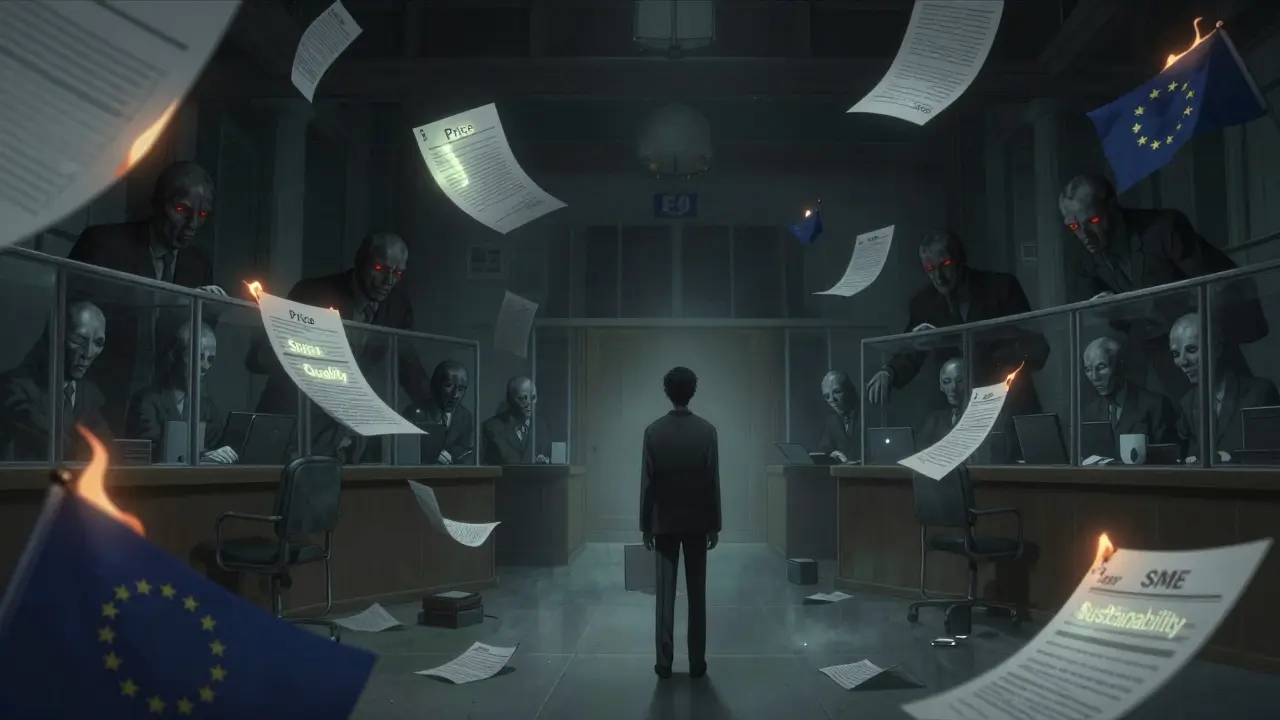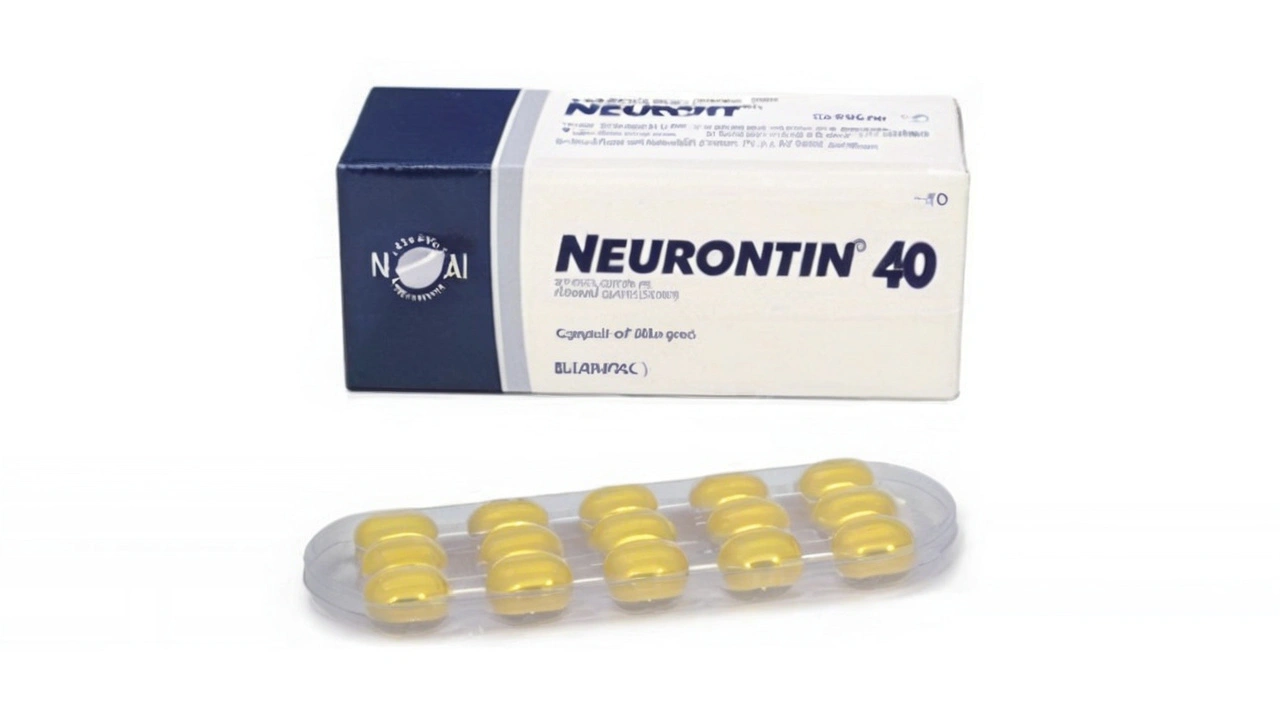Business: Pharma industry news and the $325M Neurontin settlement
$325 million caught many eyes: third-party payors and insurers settled a class action accusing Pfizer of delaying generic Neurontin. If you follow pharma business, this case matters—because it touches pricing, competition, and how payors fight higher costs.
Here’s what happened in plain terms. Insurers and other payors said Pfizer used tactics that slowed generic versions of Neurontin, keeping prices high for longer. This settlement follows an earlier $190 million deal and aims to refund payors for extra costs they say they had to bear. A big number like $325M can change how insurers handle future disputes and may encourage more challenges to similar drug strategies.
Why this matters to payors, pharmacies, and patients
When a brand drug blocks generics, payors pay more. That raises insurance costs and can push up premiums for employers and individuals. Pharmacies see purchasing costs shift, and patients can face higher co-pays. The settlement doesn’t instantly lower prices, but it signals that payors will push back and seek refunds when they think competition was blocked.
For investors and business watchers, settlements like this can also change market behavior. Drug makers may rethink legal or business moves that invite antitrust suits. Generic manufacturers might get faster market access in future cases, and buyers may demand clearer practices from brands.
What to watch next
First, watch the payout process: who qualifies, how funds are distributed, and the timeline. That determines real-world relief for payors. Second, look for follow-up suits or appeals—settlements can be a stopgap, not an end. Third, regulators and lawmakers may take interest; a high-profile settlement often sparks hearings or new guidance around patent settlements and exclusivity deals.
If you manage benefits, consider reviewing contracts and formulary rules. The settlement underscores the need to track patent settlements, authorized generics, and patent-challenge timelines closely. Small changes in contracting or tendering practices can limit exposure to inflated drug costs.
For journalists and analysts, this case is a reminder to connect legal outcomes to real costs. Ask how much payors actually recoup and whether behavior changes at the industry level. For regular readers, the headline number is dramatic, but the real impact depends on distribution and whether it deters similar practices.
Finally, remember one practical point: legal wins for payors don’t always translate into immediate lower prices at the pharmacy counter. They can, however, change incentives and make it easier for cheaper generics to reach the market sooner. Keep an eye on company disclosures, regulator announcements, and any policy moves aimed at strengthening competition in the drug market.
Want quick updates? Bookmark this Business section for short, clear summaries of settlements, mergers, and market shifts in the pharma world. We’ll call out what changes your wallet, your plan, or the market might see next.

- Feb 24, 2026
- SkyCaddie Fixer
- 7 Comments
Tendering Systems in Europe: How Generic Drug Purchases Are Won
Europe's tendering systems for generic drugs prioritize value over price, using MEAT evaluation to balance cost, quality, and sustainability. Learn how public buyers win better deals and how suppliers - big and small - compete across the EU.

- Jul 31, 2024
- SkyCaddie Fixer
- 13 Comments
Historic $325 Million Settlement Reached in Neurontin Class Action for Third-Party Payors
A $325 million settlement has been reached in the Neurontin class action lawsuit involving third-party payors, who claimed Pfizer delayed generic versions of the drug. This follows a previous $190 million settlement. The agreement aims to reimburse payors for higher costs due to Pfizer's alleged anticompetitive practices.
